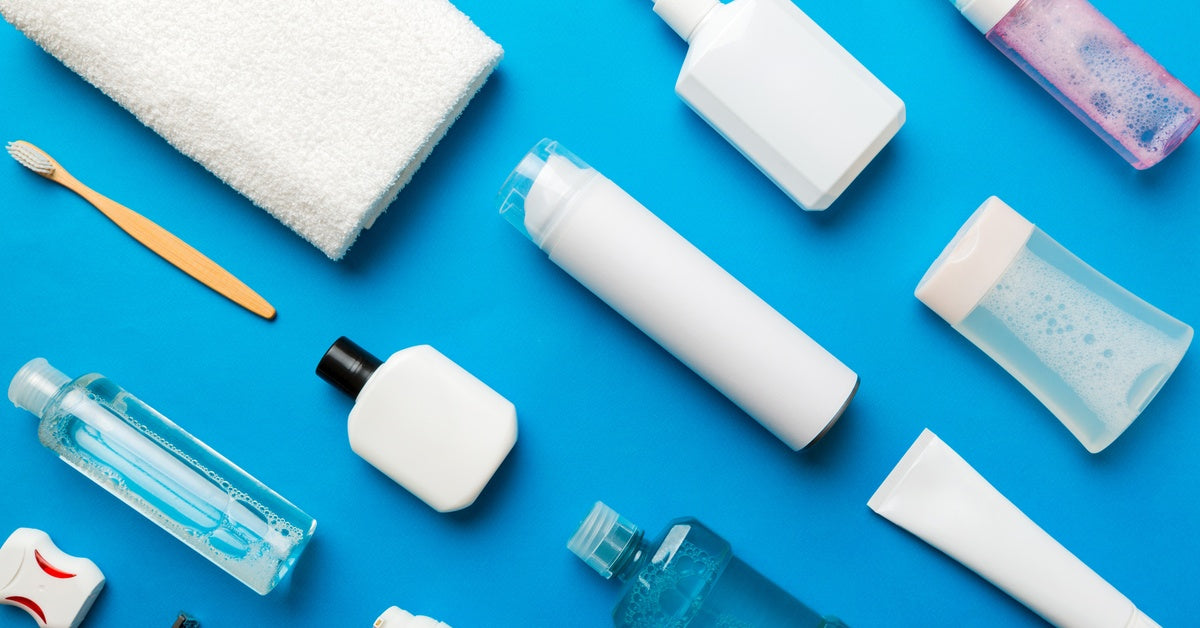Many schools have tight budgets, leaving little room for extra resources, especially hygiene products. Students thrive when they have essentials such as soap, deodorant, and sanitary supplies. Supporting schools through donated products creates long-lasting change in children’s lives. For an in-depth look, here are ways schools can benefit from donated hygiene products.
Improved Attendance
Lack of access to basics, such as deodorant or menstrual products, could lead to kids skipping school out of embarrassment. For instance, students who lack menstrual products when they need them may miss multiple days of school each month. These absences add up, creating educational gaps. When schools provide these products, students can attend classes with fewer worries. Consistency matters so much in education, and hygiene helps keep students coming to class.
Boosted Student Confidence
Hygiene affects how students perceive themselves and how they interact with peers. A child struggling with body odor or greasy hair may feel self-conscious, leading to social withdrawal. However, students benefit from donated hygiene products because access to these items helps them clean up and look presentable. This boost in confidence may lead to more participation during class discussions and group projects. Ultimately, a deodorant stick or travel-size shampoo can restore dignity among students.
Healthier Learning Environments
Providing schools with hygiene products creates healthier spaces. Using hand soap, disinfectant wipes, and tissues reduces the spread of germs, which keeps students and staff healthy. When families can’t afford products to send from home, teachers often pay out of pocket to provide them. Donated supplies ensure schools can maintain clean classrooms without burdening educators. Healthier schools mean fewer sick days, which benefits everyone.
Reduced Stigma Around Poverty
Hygiene products can also reduce stigma for families struggling financially. When a school provides free or donated supplies, students from low-income households no longer stand out or feel judged. Sharing bulk hygiene kits creates compassionate communities where students support one another.
For example, distributing supplies anonymously or through a school nurse ensures privacy and protects dignity. No one should feel ashamed about needing help, and donated hygiene products send the message that the community cares.
Promotes Lifelong Healthy Habits
Introducing hygiene resources at school creates opportunities to teach students healthy habits they can carry into adulthood. When kids receive the tools and guidance to care for themselves, they become more aware of the importance of hygiene in daily life.
For example, providing soap or toothbrushes can reinforce the importance of personal care and its role in students’ well-being. Moreover, schools can use these donations as teaching aids, discussing proper ways to wash hands and brush teeth. These lessons extend to their families, as students may share what they learn at home!

